Bruce Pardy
During Covid the Charter was useless
 Contrary to common belief, the Charter is not the foundational document upon which our legal system is built. Enacted in 1982, it was designed merely as a gloss on what legislatures and governments can do. In fact, not even the original 1867 Constitution, formerly known as the British North America Act, established the law’s first principles. Instead, the preamble of that 1867 Constitution includes an innocuous sounding but significant phrase, acknowledging “a Constitution similar in Principle to that of the United Kingdom.”
Contrary to common belief, the Charter is not the foundational document upon which our legal system is built. Enacted in 1982, it was designed merely as a gloss on what legislatures and governments can do. In fact, not even the original 1867 Constitution, formerly known as the British North America Act, established the law’s first principles. Instead, the preamble of that 1867 Constitution includes an innocuous sounding but significant phrase, acknowledging “a Constitution similar in Principle to that of the United Kingdom.”
Essentially, Canada received the British common law system and its legal architecture.
Even under the Charter, laws do not have to be reasonable or “proportional” unless they infringe a specific Charter right. The Supreme Court of Canada has insisted that the meaning of the Charter is not static but instead that the Constitution is a “living tree” to be interpreted in accordance with changing social circumstances.
The Supreme Court has read the Charter over its 40-year life largely through a progressive lens, slowly transforming what was intended to be a roster of autonomy rights into a mandate for collective values, group rights and the priorities of the administrative state.
Bruce Pardy is a lawyer, executive director of Rights Probe, and professor of law at Queen’s University. His comments are excerpted from an article in the Financial Post.
Marco Navarro-Genie
Written constitutions are fragile
 James Madison, the framer of the American Constitution, spoke about constitutions being “parchment barriers.” He meant that a piece of paper does not stop someone hell-bent on going through it. Written constitutions are fragile and perhaps even more fragile than unwritten ones.
James Madison, the framer of the American Constitution, spoke about constitutions being “parchment barriers.” He meant that a piece of paper does not stop someone hell-bent on going through it. Written constitutions are fragile and perhaps even more fragile than unwritten ones.
However, what good constitutions, whether written or not, have in common is the desire of the community to live in orderly peace. To live in peace, one must respect the rights of others, as Benito Juarez, the Mexican president, expressed it. There is no peace when a faction wishes to conquer another and must win every time and at all costs –when they declare every issue existential, for example. Politics is about compromise, just like most mature human relationships.
The Charter cannot work when nestled in woke culture. It cannot work with a judicial [system] co-opted by woke culture or in the throes of panic, as Covid demonstrated.
Without recapturing the best of the culture that gave birth to the tradition–rationality, compromise, concern for truth, rule of law, respect for the dignity of the other–the Charter and the rest of the constitution cannot work, will not work, or only work baldly.
Put differently, the Charter won’t stop us nor make us behave in ways we don’t choose for ourselves. So, the corrective element must work within us first. Before we “reform” institutions, we need to reform ourselves. This is why we must reject the charged emotivism of woke postmodernism and retrieve the essence of what our grandparents knew to be good.
Marco Navarro-Genie is vice president of research at the Frontier Centre for Public Policy. With Barry Cooper, he is co-author of Canada’s COVID: The Story of a Pandemic Moral Panic (2023).

